This is an activity within a series of cultural and artistic events to summarize 50 years of Vietnamese literature and arts after the country's reunification (April 30, 1975 - April 30, 2025); celebrate the 80th anniversary of the National Day of the Socialist Republic of Vietnam (September 2, 1945 - September 2, 2025) and celebrate Vietnam Theatre Day (August 12 of the lunar calendar).

Promoting the quintessence of national theatrical art
Speaking at the opening ceremony of the workshop, People's Artist Trinh Thuy Mui, Vice President of the Vietnam Union of Literature and Arts Associations , President of the Vietnam Stage Artists Association, emphasized that the workshop "50 years of innovation of Vietnamese stage art" is an opening activity of the events of the death anniversary of stage founder Huyen Nu Pham Thi Tran and Vietnam Stage Day 2025.

The workshop summarized the successes, contributions as well as shortcomings and weaknesses of Vietnamese theater in serving the cause of building and defending the country over the past 50 years, since the country's reunification through the renovation process starting in 1986 until now, when the country is entering a new era, an era of rising up, rearranging the country, striving to excel in economics, politics , military, and culture to stand shoulder to shoulder with developed countries in the world as Uncle Ho wished.

According to People's Artist Trinh Thuy Mui, the conference received nearly 30 elaborate and dedicated presentations with many frank, new and bold assessments, summaries and proposals from authors, directors, performing artists, unit leaders and stage theory researchers.
The presentations correctly assessed the successes, efforts, and outstanding creativity, pointed out the shortcomings and weaknesses, and found the correct practical lessons through "50 years of innovation of Vietnamese stage arts", helping us to strengthen our belief and creative inner strength to bring Vietnamese stage arts to continue to best serve the cause of building and defending the Fatherland in the hopeful era of growth opened by our Party.
Sharing at the workshop, Associate Professor Dr. Do Hong Quan, Chairman of the Vietnam Union of Literature and Arts Associations, emphasized that the past 50 years of theatre have had three outstanding marks: The strong development of the artist force; the expansion and enrichment of theatre genres; and especially the expansion of the space of activities - from cities to remote areas, while reaching out internationally, affirming the new stature of Vietnamese theatre.

People's Artist Le Tien Tho, former Deputy Minister of Culture, Sports and Tourism, former Chairman of the Vietnam Stage Artists Association, looking back on more than half a century of development, assessed that the stage has both preserved national identity and made efforts to approach the world's quintessence. Artists have created many works rich in content, aiming at the values of truth - goodness - beauty, contributing to improving the spiritual life of the people.

At the workshop, stage artists affirmed the great contribution of stage arts to the cause of building and defending the Fatherland over the past 50 years, the current state of traditional stage arts and directions for stage innovation. According to Dr. Nguyen Dang Chuong, Vice President of the Vietnam Stage Artists Association, over the past 50 years, stage arts have had 7 important innovations. These are artistic thinking; innovation in operating models, strong development of socialization models; creative methods; artistic techniques, application of modern technology; innovation in operating methods to find ways to serve the audience; artistic orientation, change management methods; innovation in exploiting themes. This is the foundation for stage arts to continue to develop in the new period.
Bringing the stage to the world
Over the past half century, Vietnamese theater has undergone many innovations, but in reality, it has not kept up with the pace of development of world art, has not truly met the diverse needs of the public, and lacks high-quality, worthy works. People's Artist Trung Hieu, Director of the Hanoi Drama Theater, frankly acknowledged that, faced with the challenges of the digital age and strong changes in social life, theater is forced to change.

One of the important solutions is to apply technology and digital platforms: recording plays for streaming, selling tickets online, or adapting them into films and plays. This is the way for the stage to reach modern audiences, especially young people. In addition, expanding the creative playground for young people is a vital factor.
Composition competitions and drama festivals for students and young directors will be the ground for them to experiment with new artistic languages. The content of the scripts also needs to be closely linked to contemporary life, reflecting hot social issues such as social networks, psychological crisis, urbanization or labor migration - so that the audience can find themselves on the stage.
Another equally important step is communication and community connection. Theatres need to proactively bring drama into schools, combine social media, and cooperate with businesses to organize performances outside the theater. These activities will help drama return closer and more vividly to life.

From another perspective, Meritorious Artist Nguyen Si Tien, Director of the Youth Theater, believes that from the success of the recent concerts and art programs on the occasion of A80, Vietnamese theater must boldly break away from the traditional "box stage", aiming for large-scale performance spaces with strong influence. That will force theater people to change their organizational thinking, creating conditions to reach a diverse audience, not only the youth but also many other generations. This is also the way for theater to build a stable source of income, ensuring long-term operation.
The issue of international integration was raised by director Le Quy Duong as an inevitable requirement. He believes that in the "borderless" global stage life, each artist and each stage needs to find their own value to contribute to the common home of human performing arts. The opportunity to expand international cooperation not only brings exchange, but also helps us learn from experience, absorb the quintessence, and at the same time affirm Vietnamese identity on the world art map.

Associate Professor Dr. Bui Hoai Son, full-time member of the National Assembly's Committee on Culture and Society, said that the past 50 years have been a process of finding ways for the theater to preserve its identity, integrate with contemporary life and gradually reach out to the world. In the digital age, the theater arts can become a true cultural industry, creating both spiritual values and economic contributions. He emphasized that the theater needs to be closely linked with education and tourism, becoming a tool to inspire culture and history for the young generation and international tourists.
To turn that expectation into reality, it is necessary to have synchronous policies such as building a strong enough legal corridor, having a Law on Performing Arts Activities with a long-term vision; implementing a mechanism for ordering valuable works; encouraging socialization and public-private cooperation in theater investment; considering artists as "creative individuals" who need special treatment. At the same time, audience development must go hand in hand, through school theaters, regular international festivals, and children and youth programs.
The stage also needs to apply high technology AI, AR, VR, to develop digital platforms for online broadcasting to open up new sources of revenue. In addition, a creative support fund is needed to encourage young authors, and to inspire scripts that reflect contemporary breath.
In the integration process, proactively bringing Vietnamese plays to the world and inviting international art troupes to Vietnam is a practical step, both to promote and to learn...
Source: https://hanoimoi.vn/50-nam-chang-duong-doi-moi-cua-nghe-thuat-san-khau-viet-nam-1975-2025-giu-ban-sac-hoa-nhap-doi-song-vuon-ra-the-gioi-718308.html


![[Photo] Impressions of the Can Gio Whale Festival](https://vphoto.vietnam.vn/thumb/1200x675/vietnam/resource/IMAGE/2025/10/09/1759984089762_image12334-5642-jpg.webp)



![[Photo] Prime Minister Pham Minh Chinh chairs the Conference to deploy the National Target Program on Drug Prevention and Control until 2030](https://vphoto.vietnam.vn/thumb/1200x675/vietnam/resource/IMAGE/2025/10/09/1759990393779_dsc-0495-jpg.webp)

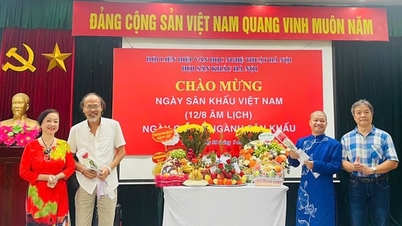

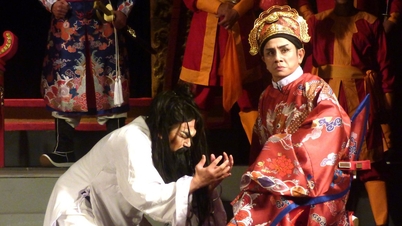



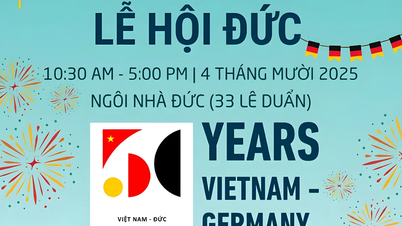






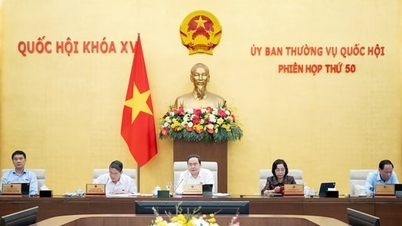


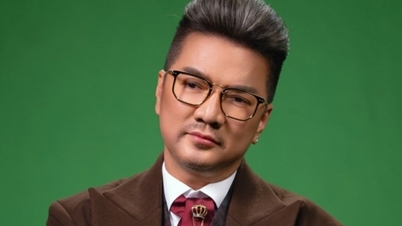






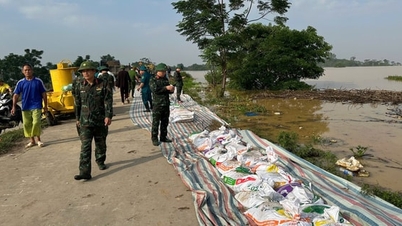

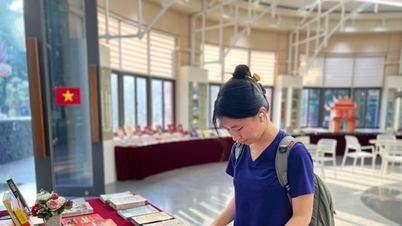
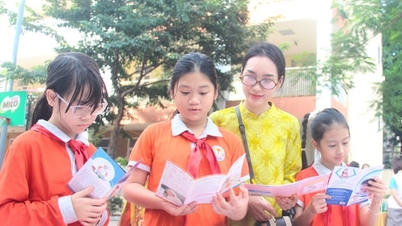




























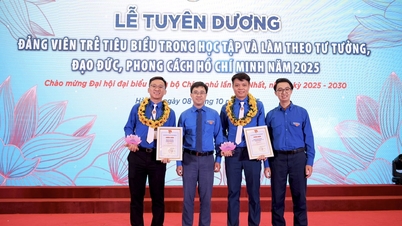
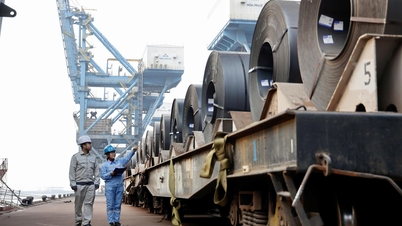







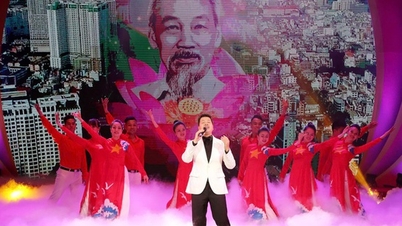



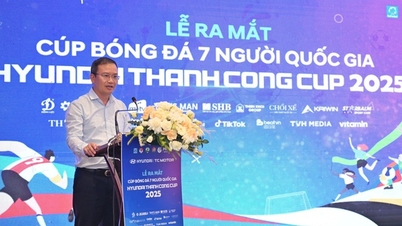


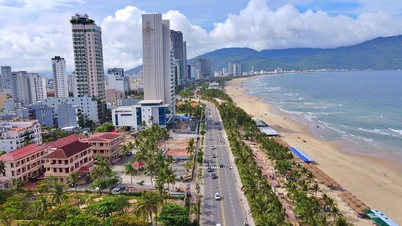
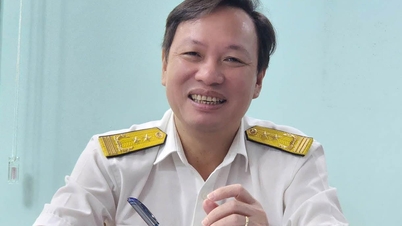



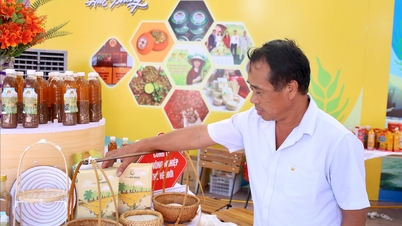
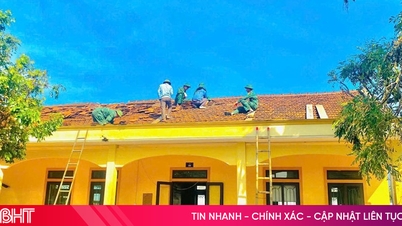










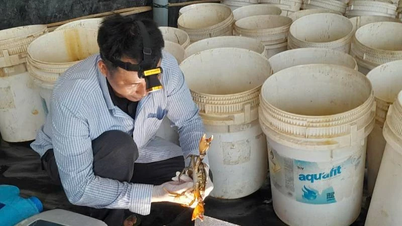

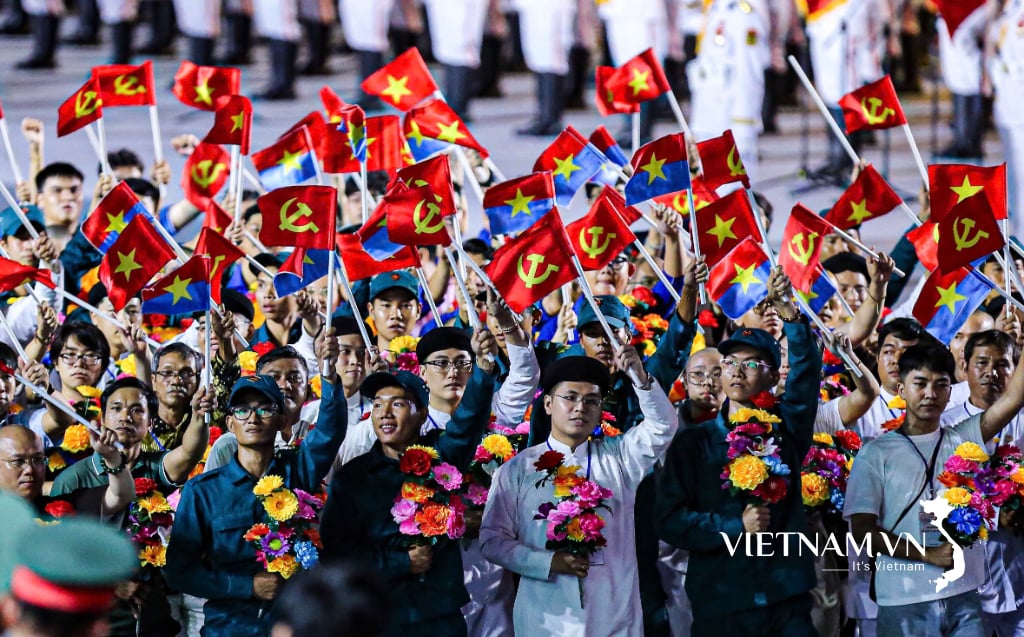

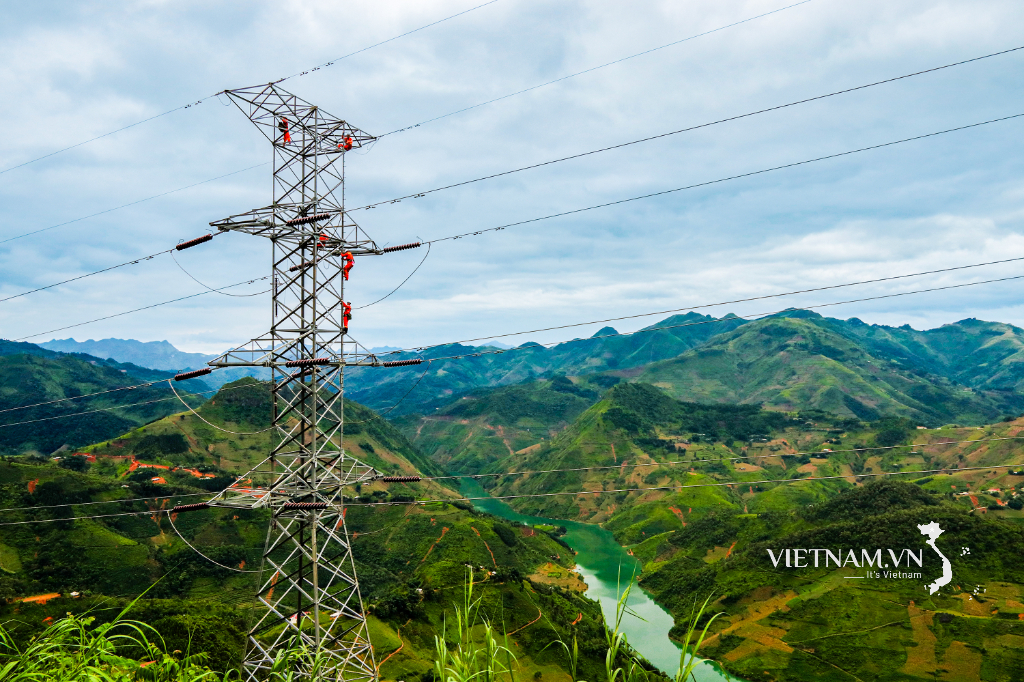

Comment (0)